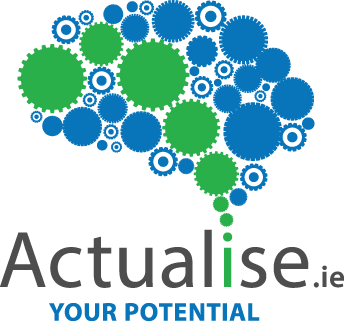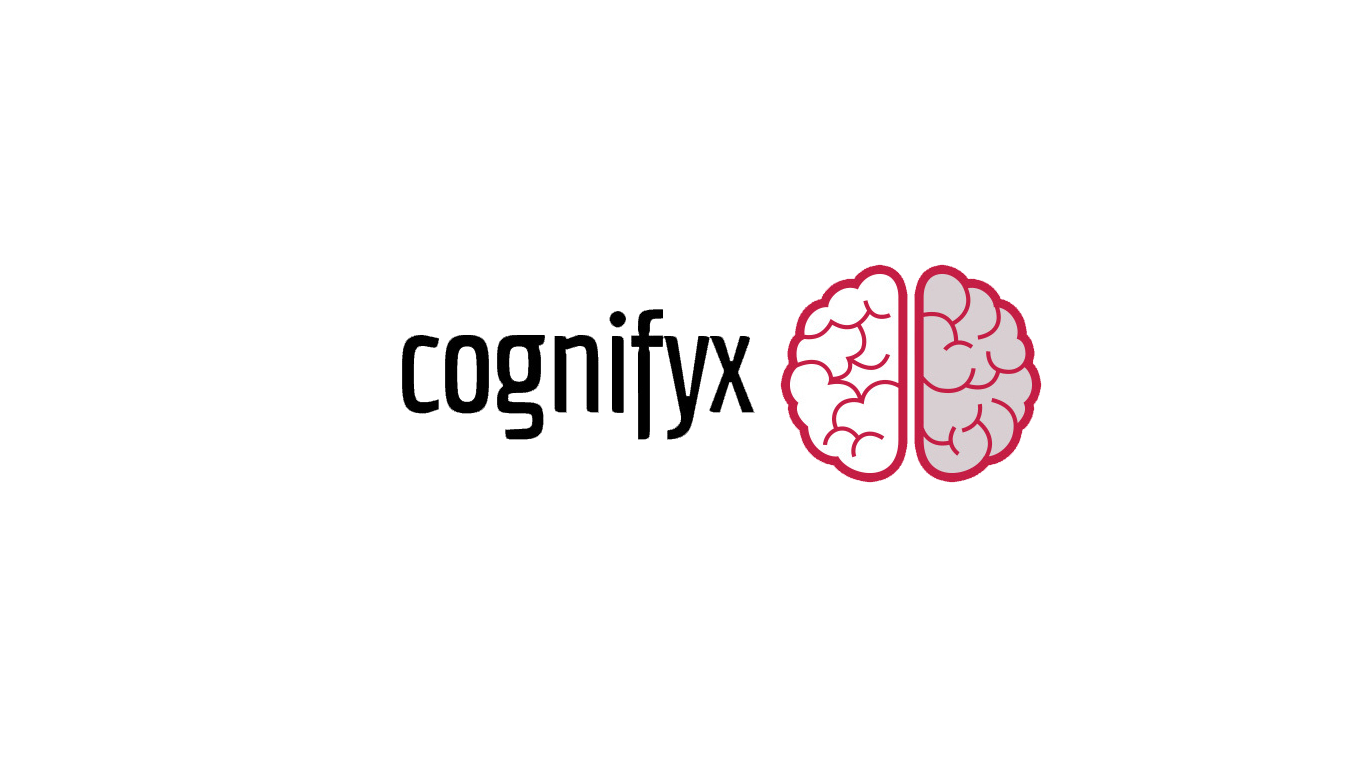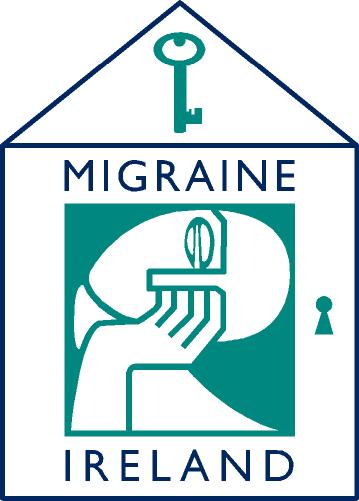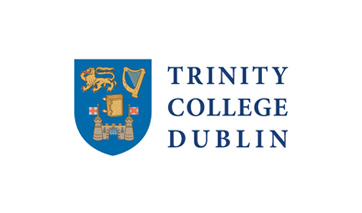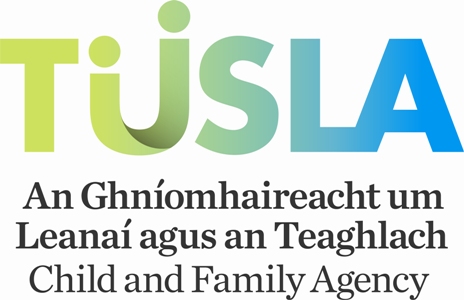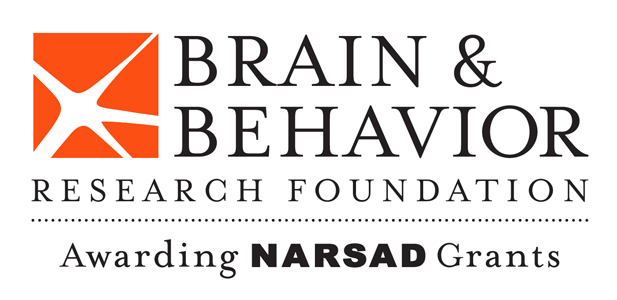What is Neurofeedback?
Neurofeedback, or more precisely “Neurofeedback Training”, is a learning-based, completely non-invasive intervention that trains the brain to function more efficiently.
Several studies have extensively shown that Neurofeedback Training is particularly effective in the treatment of attention deficit and hyperactivity disorder (ADHD), anxiety, depression, low self-esteem, post-traumatic stress disorder (PTSD), anger management, substance abuse (addiction), and trauma. However, Neurofeedback Training has also been shown to be a very powerful resource for those who don’t have any disorder in particular but still want to improve their performance at work and life in general (“Peak Performance” training).
Our range of psychology services and assessments
Clinical assessments
Cognitive assessments (e.g. IQ testing)
Attainment assessments (e.g. reading, spelling, etc)
Educational assessments
Assessments of brain function using quantitative electroencephalogram (3D functional brain imaging)
Groups and workshops for parents and teachers/educators
Online training courses
Individual therapy sessions
